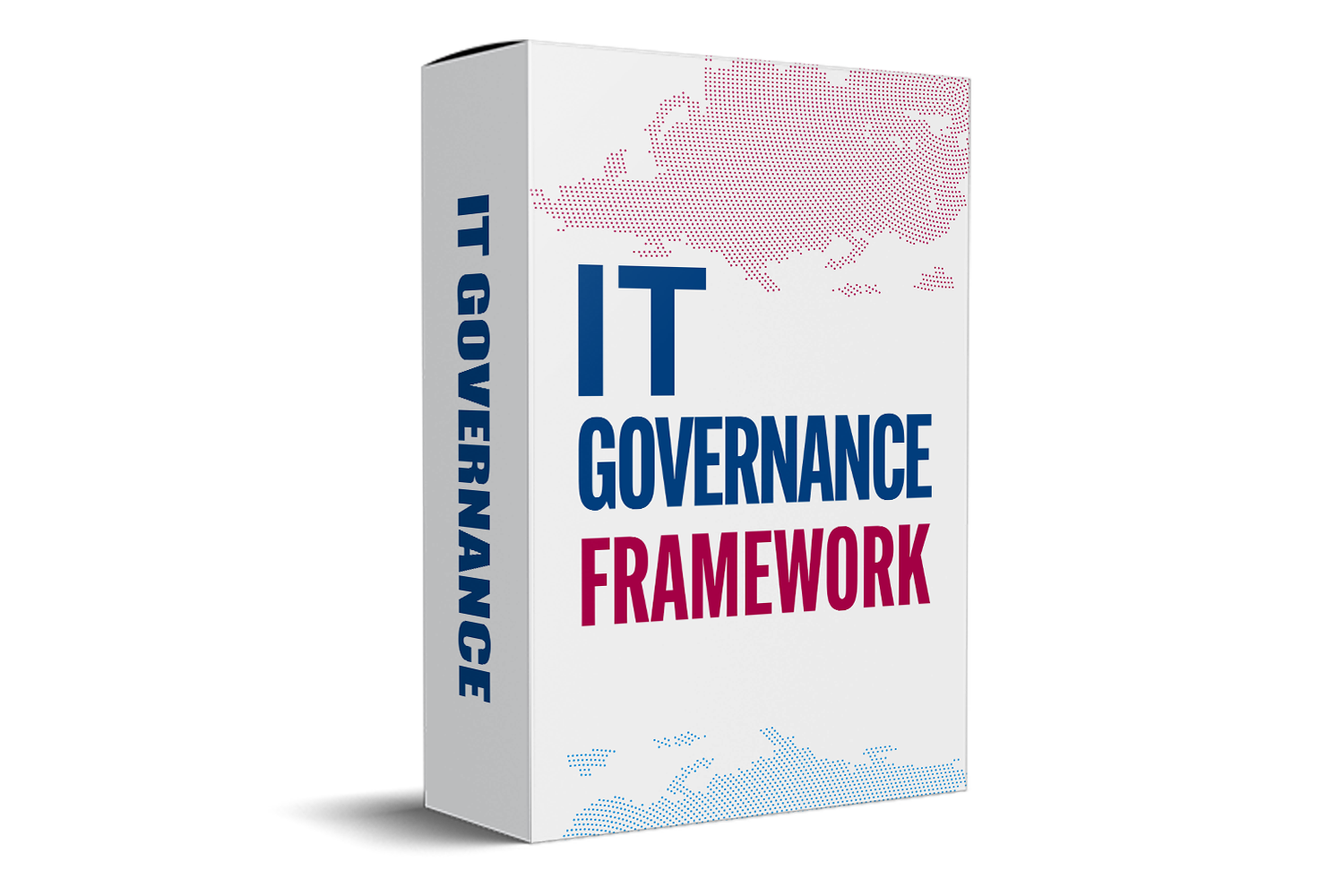Navigating The Internal Audit Manager Jobs: A Comprehensive Guide
Introduction
Internal audit manager jobs are essential roles within organizations, responsible for evaluating and improving the effectiveness of risk management, control, and governance processes. These professionals play a critical role in ensuring compliance with regulations and best practices. If you are considering a career as an internal audit manager or looking to hire one for your organization, this blog will provide valuable insights into the responsibilities, skills, and qualifications required for this position. Stay tuned to learn more about internal audit manager jobs and how you can excel in this rewarding field.

The Importance Of Internal Audit Managers In Organizations
Internal audit managers also play a critical role in ensuring compliance with laws and regulations. With constantly changing regulations and an increasing focus on corporate governance, organizations need to ensure that they are operating within the boundaries of the law. Internal audit managers help organizations stay on top of regulatory changes and ensure that they are in compliance with all relevant laws and regulations.
Additionally, internal audit managers provide valuable insights and recommendations to senior management and the board of directors. By presenting findings from audits and assessments, internal audit managers can help senior management make informed decisions that will drive the organization forward and improve overall performance.
Overall, the role of the internal audit manager is essential for organizations looking to maintain strong internal controls, manage risks effectively, and ensure compliance with laws and regulations. By providing independent and objective assessments, internal audit managers help organizations identify weaknesses and areas of improvement, ultimately helping them achieve their strategic objectives and long-term success.
Responsibilities And Duties Of An Internal Audit Manager Job
Here are some key responsibilities and duties of an Internal Audit Manager:
1. Develop And Implement Audit Plans:
One of the primary responsibilities of an Internal Audit Manager is to develop and implement audit plans that address the organization's risks and priorities. This includes identifying key areas for audit, setting audit objectives, and determining the scope of the audit.
2. Conduct Audits:
Internal Audit Managers are responsible for conducting audits in accordance with established audit plans and procedures. They are required to evaluate the effectiveness of internal controls, identify weaknesses and deficiencies, and make recommendations for improvement.
3. Provide Oversight And Guidance:
Internal Audit Managers provide oversight and guidance to audit staff throughout the audit process. They ensure that audits are conducted in accordance with professional standards and that audit findings are accurately documented and communicated to management.
4. Monitor And Follow-Up:
Internal Audit Managers are responsible for monitoring the implementation of audit recommendations and following up on the status of corrective actions. They track progress, report on findings, and escalate issues as needed to ensure that deficiencies are addressed in a timely manner.
5. Maintain Professional Standards:
Internal Audit Managers are expected to stay current on industry trends, best practices, and regulatory requirements. They must adhere to professional standards and ethics, maintain independence and objectivity, and ensure the integrity and quality of the internal audit function.
Career Growth Opportunities For Internal Audit Managers
Here are some key opportunities for internal audit managers to advance their careers:
1. Advanced Certifications: Internal audit managers can pursue advanced certifications such as the Certified Internal Auditor (CIA), Certified Information Systems Auditor (CISA), or Certified Fraud Examiner (CFE) to enhance their professional credentials and increase their marketability.
2. Specialization: Internal audit managers can choose to specialize in areas such as risk management, compliance, IT audit, or forensic accounting, which can open up new opportunities in niche industries or specialized roles.
3. Leadership Development: Internal audit managers can pursue leadership development opportunities such as management training programs, executive coaching, or mentorship programs to enhance their leadership skills and prepare them for senior management roles.
4. Cross-Functional Experience: Internal audit managers can gain valuable cross-functional experience by working on cross-departmental projects or rotating into different departments within the organization, which can broaden their skills and perspectives.
5. Networking: Internal audit managers can build a strong professional network by participating in industry events, joining professional associations, or engaging with peers on social media platforms, which can open up new career opportunities and provide valuable insights and connections.
6. Continuing Education: Internal audit managers can stay current with industry trends and best practices by pursuing continuing education opportunities such as attending conferences, taking online courses, or participating in webinars, which can enhance their knowledge and skills.
7. Career Progression: Internal audit managers can advance their careers by seeking promotions within their current organization, pursuing opportunities at larger companies or in different industries, or transitioning into consulting or advisory roles.
Conclusion
In summary, internal audit manager jobs are in demand as organizations strive to maintain transparency and compliance with regulations. These positions require individuals with strong analytical skills and attention to detail. If you are interested in pursuing a career as an internal audit manager, be sure to research job openings and qualifications in order to find the best opportunities for professional growth and advancement.



